Environment
-
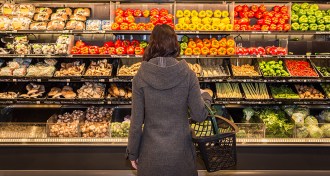 Environment
EnvironmentA big analysis of environmental data strengthens the case for plant-based diets
A new study calculates the bonus for the planet of choosing more foods from plants.
By Susan Milius -
 Environment
EnvironmentTreating roads with oil and gas wastewater may spread harmful pollution
When spread on roads, wastewater from oil and gas production can leach radium and other contaminants into the environment, a new study finds.
-
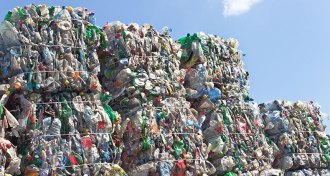 Environment
EnvironmentThis plastic can be recycled over and over and over again
A new kind of polymer is fully recyclable: It breaks down into the exact same molecules that it came from.
-
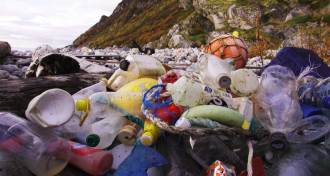 Microbes
MicrobesThis plastic-gobbling enzyme just got an upgrade
Scientists tweaked a bacterial enzyme and made it more efficient in breaking down plastics found in polyester and plastic bottles.
-
 Environment
EnvironmentMicroplastics may enter freshwater and soil via compost
Compost is pinpointed as a source of plastic pollution, but environmental fate and effects unknown.
-
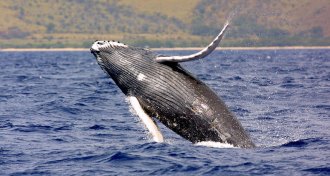 Animals
AnimalsHumpback whale bumps have marine biologists stumped
Christine Gabriele is taking tissue samples from humpback whales in Hawaii to determine why more and more have nodular dermatitis.
-
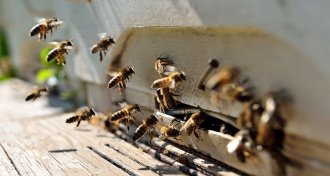 Environment
EnvironmentHow bees defend against some controversial insecticides
Some bees have enzymes that allow them to resist toxic compounds in some neonicotinoid pesticides.
By Dan Garisto -
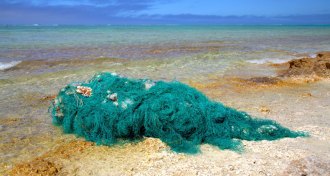 Environment
EnvironmentThe great Pacific garbage patch may be 16 times as massive as we thought
The giant garbage patch between Hawaii and California weighs at least 79,000 tons, a new estimate suggests.
-
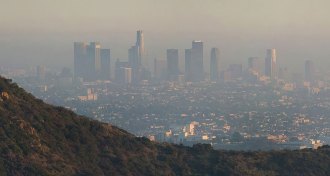 Chemistry
ChemistryHousehold products make surprisingly large contributions to air pollution
A study of smog in the Los Angeles valley finds that paints, fragrances and other everyday items are a growing component of the problem.
-
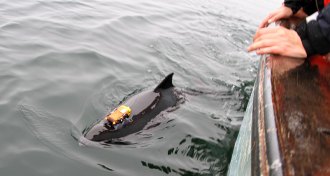 Life
LifeShipping noise can disturb porpoises and disrupt their mealtime
Noise from ships may disturb harbor porpoises enough to keep them from getting the food they need.
By Dan Garisto -
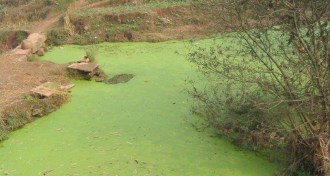 Ecosystems
EcosystemsHumans are overloading the world’s freshwater bodies with phosphorus
Human activities are driving phosphorus levels in the world’s lakes and other freshwater bodies to a critical point.
-
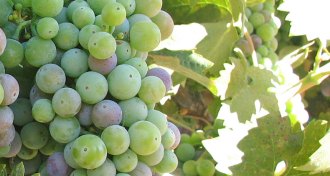 Agriculture
AgricultureGrapevines are more drought-tolerant than thought
Grapevines handle drought better than previously thought. This could inform irrigation management.
By Dan Garisto